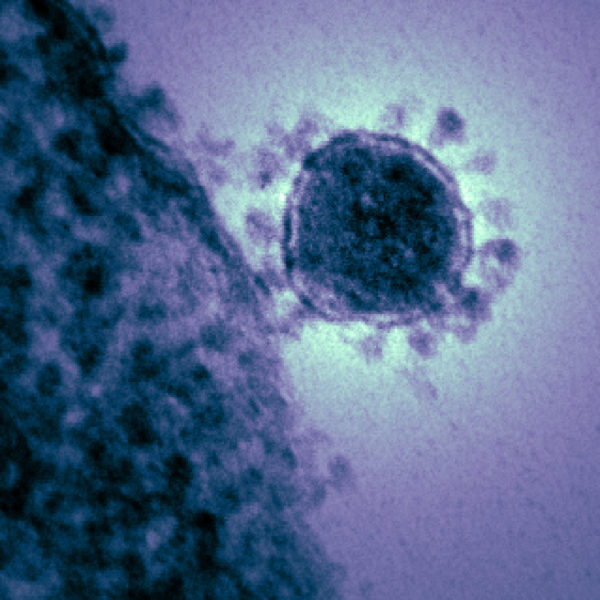China Coronavirus: Signs, Symptoms and Treatment

The new virus discovered in China, known also as 2019-nCoV, is understood to be a new strain of coronavirus that has not previously been identified in humans.
Coronaviruses are a broad family of viruses, but only six (the new one would make it seven) are known to infect people.
The World Health Organization (WHO) has advised people to avoid “unprotected” contact with live animals, thoroughly cook meat and eggs, and avoid close contact with anyone with cold or flu-like symptoms.
Signs of infection include respiratory symptoms, fever, cough, shortness of breath and breathing difficulties.
Coronaviruses are a large family of viruses that cause illnesses ranging from the common cold to more severe disease. It’s not yet clear how bad this new coronavirus is.
If a patient has recovered from the infection, they should not pose a significant risk to others and can be sent home from hospital provided they are well enough.
The first human cases were identified in the Chinese city of Wuhan in December 2019.
There have not been any other suspected human cases reported prior to this.
China Virus: CDC Confirms First Case of Coronavirus Infection on US Territory
Given the type of virus, the incubation period (how long it takes for symptoms to appear after catching the infection) is days, rather than weeks.
It is not yet known how or when the virus became infectious to people.
Experts believe the first cases were transmitted by an animal.
At the moment, there is no vaccine that can protect people against this type of coronavirus, but researchers are looking to develop one.
It is a new strain that hasn’t been seen in humans before, which means doctors still have lots to learn about it.
Based on currently available information, the WHO has not recommended any restrictions on travel or trade.
You should re-check the latest travel advice before you depart.
Extra airport checks such as temperature scans have been put in place to screen some travelers in some countries/states.
Airports in Singapore, Hong Kong and Tokyo have been screening air passengers from Wuhan and US authorities last week announced similar measures at three major airports in San Francisco, Los Angeles and New York.
It is not yet known how the virus was transmitted. Other coronaviruses, such as SARS and MERS, came from cats and camels respectively.
Experts are working to find the source.
Standard recommendations to prevent infection apply. These include:
- regular hand washing
- covering mouth and nose when coughing and sneezing
- thoroughly cooking meat and eggs
Avoid close contact with anyone showing symptoms of respiratory illness such as coughing and sneezing.
